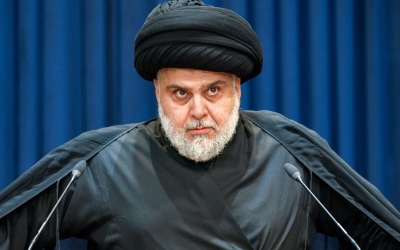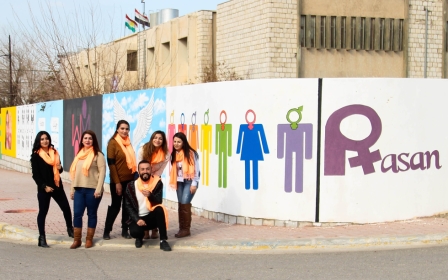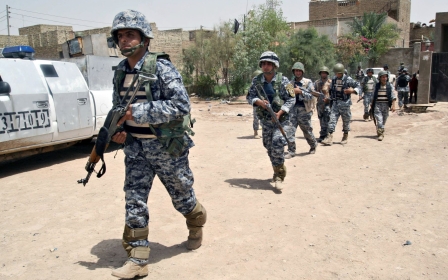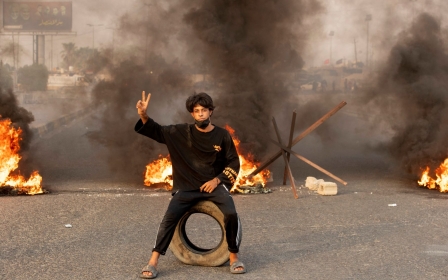Iraq: Court rejects petition to dissolve parliament
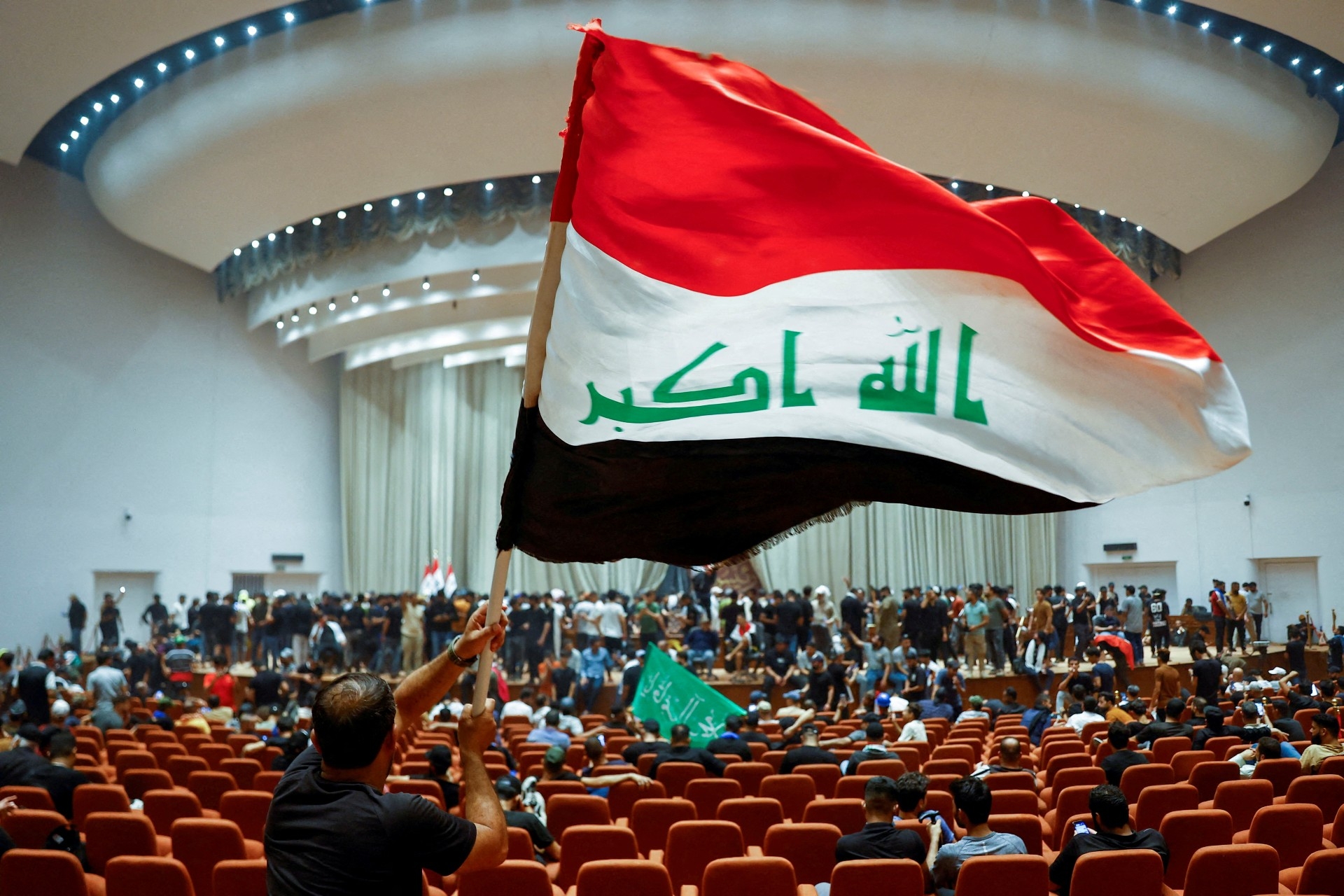
Iraq's top court has rejected a petition from supporters of cleric Muqtada al-Sadr to dissolve the parliament, just under a year after elections failed to see a government materialise, sources told Middle East Eye.
The Supreme Federal Court on Wednesday ruled against the petition, which also has support from the independent Awareness Movement and could have potentionally led to new elections.
Elections in October were poorly attended and there has been no success in forming a government. The deadlock eventually prompted the MPs of Sadr's Sairoon alliance - the biggest winner in the elections - to withdraw from the parliament in June.
The court ruled it did not have the authority to actually dissolve parliament itself, though it could potentially have officially declared that the constitutional timeframe for a new prime minister and president to be selected had long past.
"There is no solution except in accordance with Article 64," ruled the court, referring to the constitutional rule for an absolute majority of parliamentarians to vote in favour of dissolution, or upon the request of one third of its members by the prime minister with the president's consent.
New MEE newsletter: Jerusalem Dispatch
Sign up to get the latest insights and analysis on Israel-Palestine, alongside Turkey Unpacked and other MEE newsletters
The ruling comes in the wake of violence in the capital Baghdad last week after Sadrists stormed the fortified Green Zone and fought with security forces and supporters of Iran-backed groups.
The violence, which saw at least 28 people killed, was sparked on 29 August by an announcement by Sadr that he was planning to retire from politics.
As the fighting appeared set to spiral out of control, Sadr held a news conference in Najaf where he gave his followers one hour to end their protests.
Shortly after, his supporters apparently heeded his words and began leaving the Green Zone, where they had been occupying parliament for weeks.
On Monday, political parties and leaders met at a gathering - boycotted by Sadr - with an aim to work towards early elections.
Prime Minister Mustafa al-Kadhimi's office said he, the president and the parliament speaker met with the parties in an attempt to break the political deadlock.
They "agreed to form a technical committee comprising the various political forces... to bridge differences with the aim of reaching early elections", the office said in a statement.
Middle East Eye delivers independent and unrivalled coverage and analysis of the Middle East, North Africa and beyond. To learn more about republishing this content and the associated fees, please fill out this form. More about MEE can be found here.


